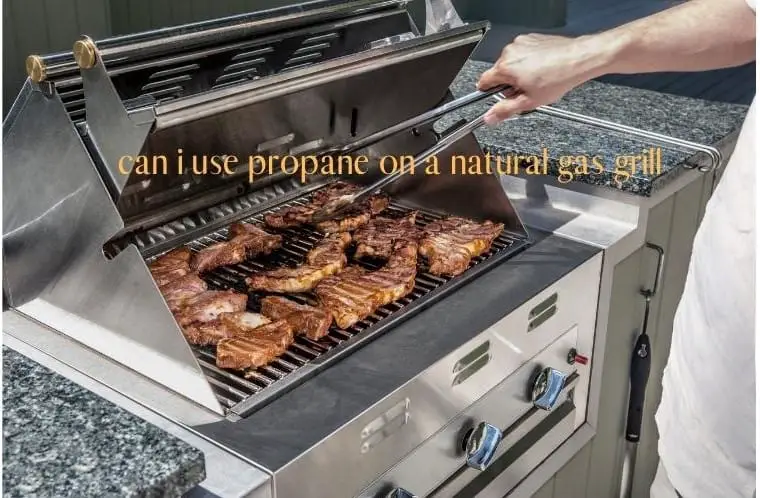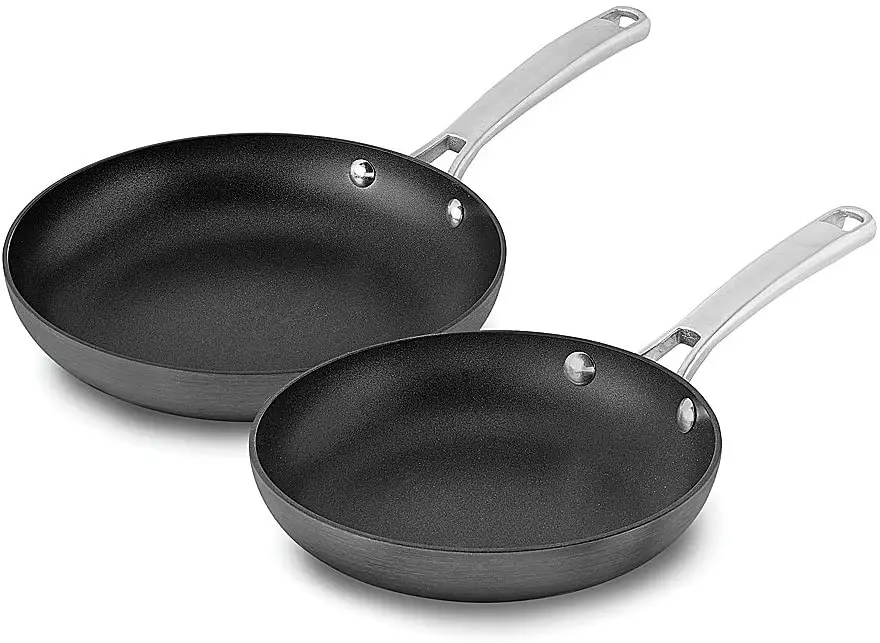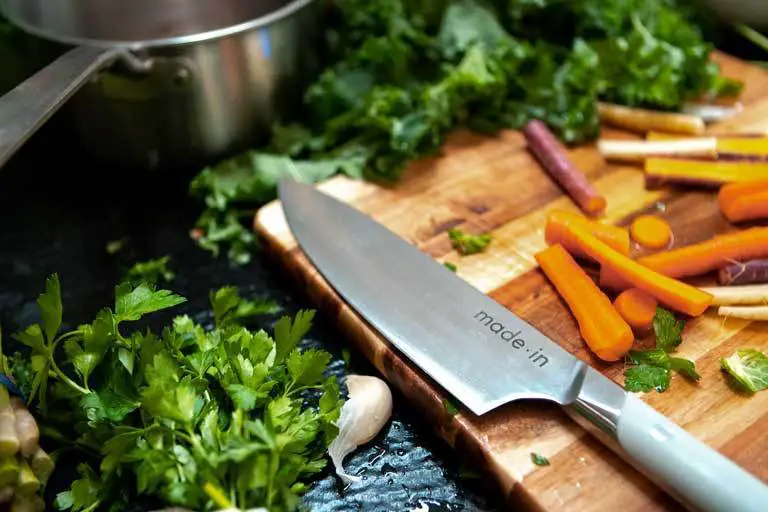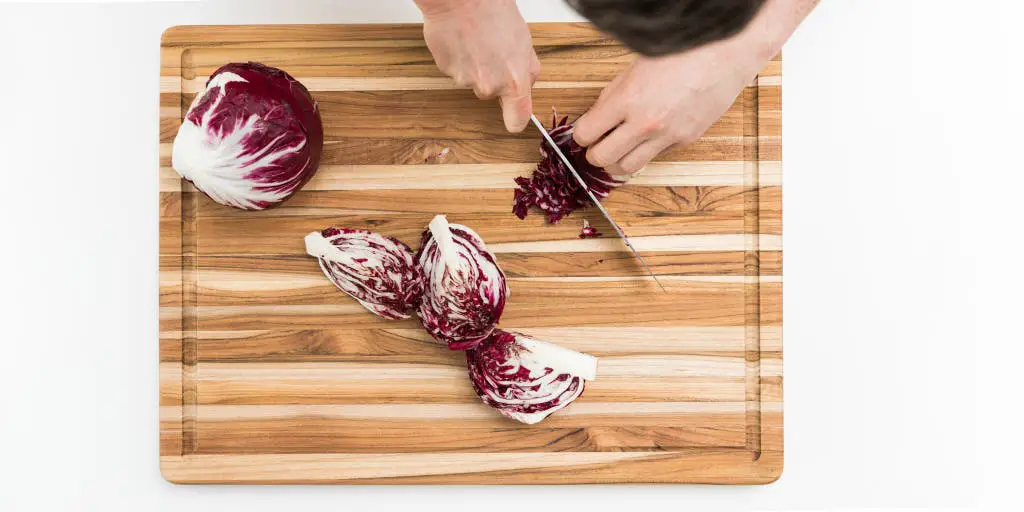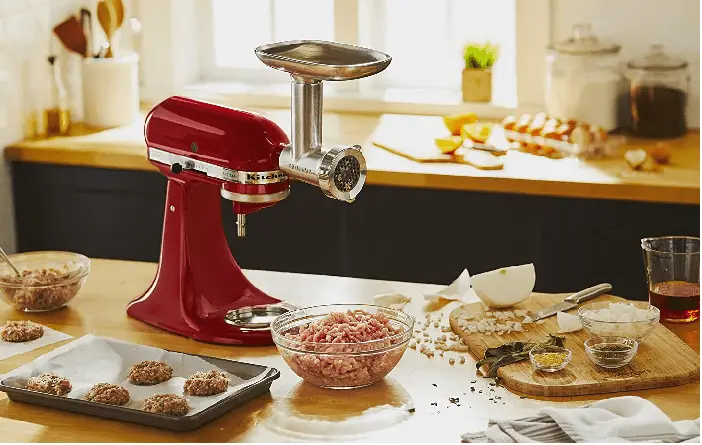Grilling enthusiasts often encounter the question: Can propane be used on a natural gas grill? This query arises from the convenience and differences between the two popular fuel sources. Natural gas grills, typically connected to a home’s gas line, provide a constant fuel supply, whereas propane grills use portable tanks, offering flexibility and portability.
Understanding whether these fuels can be interchanged involves examining the technical and safety considerations and the necessary modifications to ensure efficient and safe operation. This introduction delves into the feasibility and implications of using propane on a natural gas grill, providing a foundation for informed decision-making.
Can I use Propane Gas in a Natural Gas Grill?
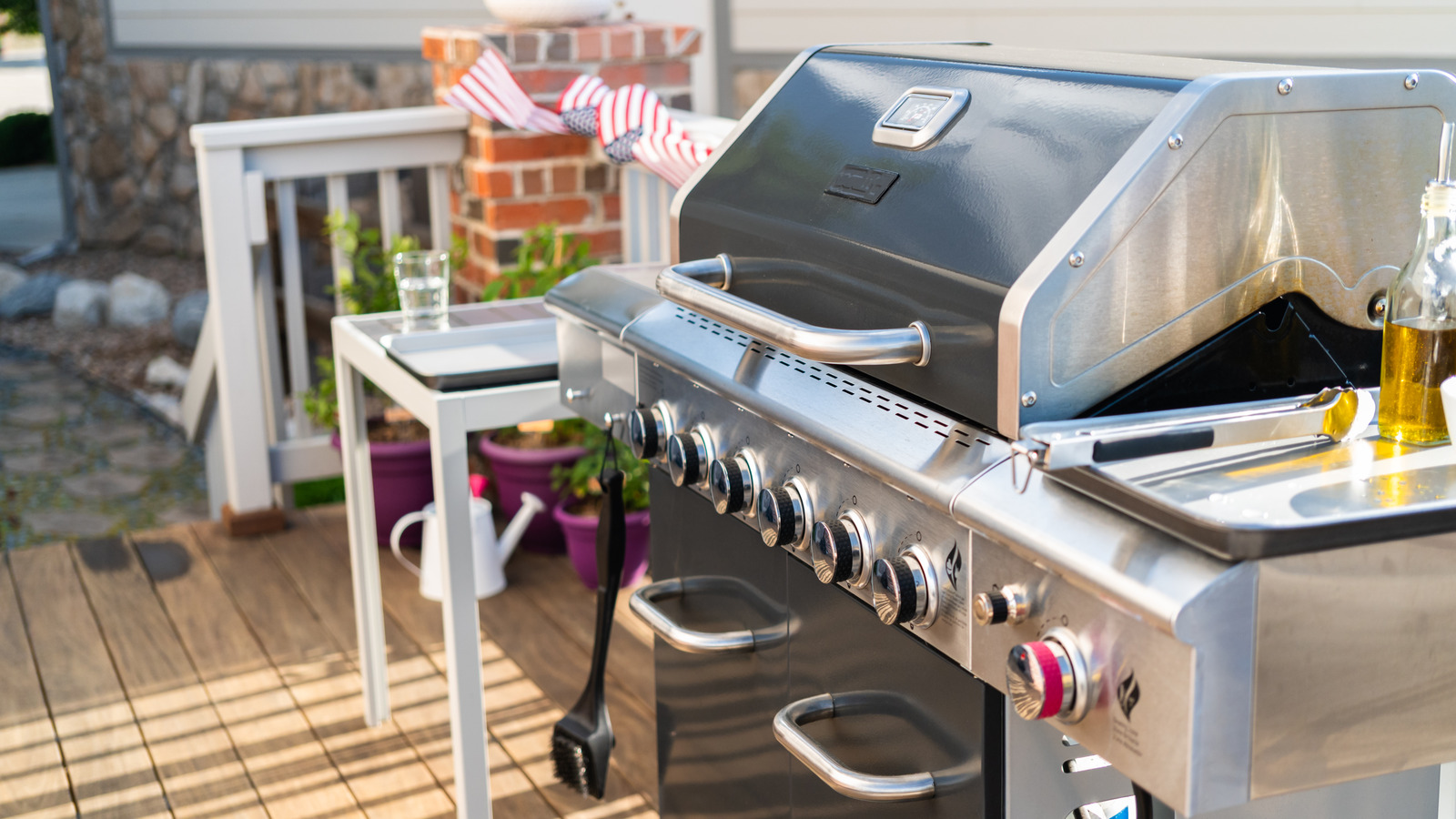
Using propane gas in a natural gas grill is technically possible but requires specific modifications and safety precautions. Here’s a detailed breakdown of what you need to know:
Differences Between Propane and Natural Gas
- Pressure and Delivery: Propane operates at a higher pressure than natural gas. Natural gas is delivered through a low-pressure system directly from utility lines, while propane is stored in pressurized tanks.
- Burner Orifices: The orifices (the tiny holes through which gas exits into the burners) are different sizes for propane and natural gas. Propane requires smaller orifices because it is a more energy-dense fuel and must be released slower to avoid excessive flame and heat.
Conversion Requirements
To convert a natural gas grill to propane, you typically need the following:
- Conversion Kit: Most grill manufacturers offer conversion kits that include new orifices, regulators, and sometimes new burners. These kits are designed to adjust the gas flow and pressure settings appropriate for propane.
- Regulator Adjustment or Replacement: The grill’s regulator must be compatible with propane. It may involve adjusting the existing regulator or replacing it entirely with one designed for propane use.
- Hoses and Connectors: The connections from the propane tank to the grill must be secure and compatible. Propane tanks use specific types of connectors that may differ from those used for natural gas connections.
Steps for Conversion
- Read the Manual: Start by reading the grill’s user manual or contacting the manufacturer to ensure you follow their recommended procedures and see if they provide a conversion kit.
- Install the Conversion Kit: Follow the instructions to replace the orifices and possibly the regulator. It may involve disassembling some parts of the grill.
- Check for Leaks: After installation, it’s crucial to check all connections for leaks. It can be done using soapy water; bubbles will form at leak points when the gas is turned on.
- Test the Grill: Light the grill and observe the flame. It should be steady and blue. Yellow or erratic flames may indicate improper gas flow or pressure issues.
Safety Considerations
- Professional Help: If you’re uncomfortable performing the conversion yourself, hiring a professional is advisable. A proper installation can lead to dangerous gas leaks or inefficient grill operation.
- Compliance: Ensure that the conversion complies with local regulations and safety standards. Some regions have strict guidelines for gas appliance modifications.
Reasons To Convert Your Natural Gas Grill To Propane
Converting a natural gas grill to propane can offer several practical benefits. Here are some key reasons why you might consider making the switch:
- Portability
One of the primary advantages of propane is its portability. Unlike natural gas grills tethered to a fixed gas line, propane grills can be moved easily. It makes them ideal for outdoor activities such as camping, tailgating, or rearranging your backyard setup.
- Flexibility in Placement
A propane grill can be placed virtually anywhere Without needing to be connected to a natural gas line. This flexibility benefits those who want to grill in different locations around their property or who may move frequently and want to take their grill with them.
- Power Outages and Gas Supply Issues
Propane can be a reliable backup fuel source during natural gas supply interruptions or power outages. A propane grill ensures you can continue cooking even when your home’s natural gas supply is disrupted.
- Availability
Propane tanks are widely available at many retail stores, gas stations, and hardware stores. This ease of access makes it simple to obtain fuel, especially in areas where natural gas service might not be available.
- Ease of Use
Propane grills are often easier to set up and use than natural gas grills. Connecting a propane tank is straightforward and doesn’t require special tools or professional installation, making it user-friendly for many grillers.
- Consistent Performance
Propane provides a consistent level of heat and performance. Because propane tanks are pressurized, they can deliver a steady and reliable fuel source, ensuring your grill operates efficiently.
- Cost Considerations
In some areas, propane may be more cost-effective than natural gas, especially if you grill infrequently. Since you only pay for the propane you use, it can be more economical compared to paying for a continuous natural gas supply, which might include service fees.
- Temporary or Seasonal Use
Propane offers a convenient solution for those who use their grill only during certain times of the year. You can store the propane tank when the grill is unused, avoiding needing a continuous natural gas connection.
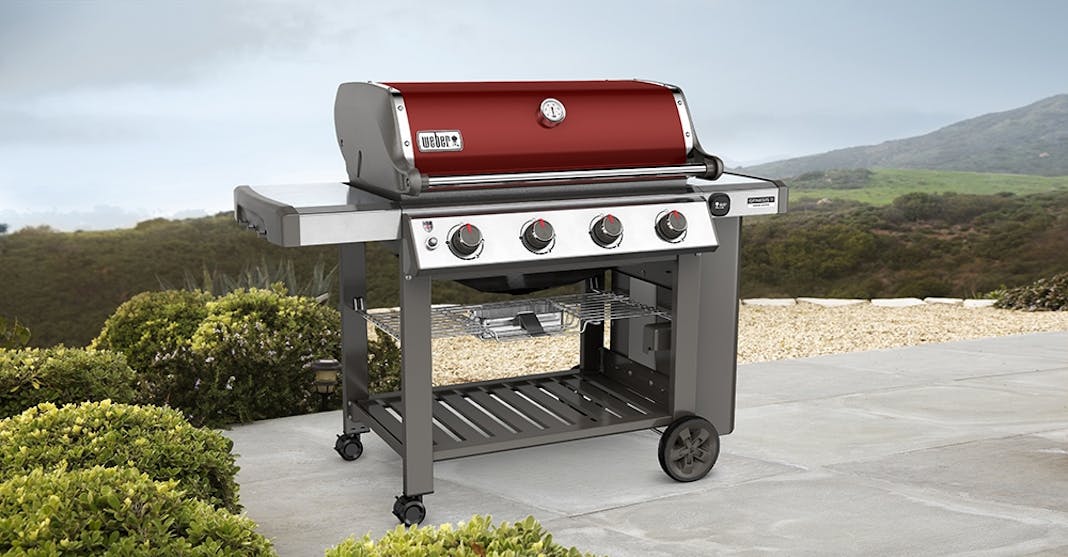
- No upfront installation cost
people choose propane for their gas grills because propane doesn’t require upfront costs for installation. In case, for instance, you have recently moved to a new house and find that the installation of natural gas pipes is highly hazardous and is beyond your capabilities at this point, you might decide that you want to change your propane grill to one, which doesn’t require upfront installation costs.
- To Help You Save Money
People choose to use propane on natural gas grills to cut costs. Gas grills are expensive, and purchasing the two grills (natural gas grill and propane gas grill) is costly for most people. There will come a point where you can utilize propane tanks, like when you host a barbecue on your outdoor patio. Utilizing propane on your gas grill can reduce costs since it will not require you to purchase propane gas grills.
- To reduce space
Some people use propane to fuel their natural gas grills because they have limited space. Natural gas grills are not mobile since they must remain in an area with a gas pipeline. Some must purchase two gas grills: one driven by natural gas for daily usage and the other driven by propane tanks to provide ease of use and flexibility. Purchasing two gas grills isn’t an option if you need more space within your home. In this scenario, the most efficient solution is propane on the natural gas grill.
Can I Use a Regular Propane Tank on a Portable Grill?

Yes, you can use a regular propane tank on a portable grill, but there are a few considerations to keep in mind to ensure safe and efficient use. Portable grills are often designed to work with small, disposable propane canisters, but many can be adapted to use standard, larger propane tanks with the appropriate equipment.
Adapter and Hose Requirements
You will need an adapter and a hose designed for this purpose to connect a regular propane tank to a portable grill. These accessories are readily available at hardware stores and online. The adapter and hose allow the grill to connect to the larger tank’s valve safely and securely.
Benefits
Using a regular propane tank with a portable grill offers several benefits:
- Extended Cooking Time: Larger tanks provide more fuel, reducing the need for frequent replacements, which is especially useful for extended grilling sessions or when camping for several days.
- Cost Efficiency: Refilling a large propane tank is generally more cost-effective than purchasing multiple small canisters.
Considerations
- Portability: While larger tanks offer more fuel, they are heavier and bulkier, which might reduce the portability of your grill setup.
- Safety: Ensure all connections are secure and check for leaks by applying a soapy water solution to the connections; bubbles will indicate a leak.
- Compatibility: Verify that your grill’s regulator is compatible with the larger propane tank. Most portable grills can accommodate this with the correct adapter and hose, but it’s always best to check the manufacturer’s recommendations.
You can use a regular propane tank on a portable grill using an appropriate adapter and hose. This setup can provide extended cooking time and be more cost-effective, though it may impact the portability of your grill. Always ensure safe connections and compatibility with your specific grill model.
Do propane grills burn hotter than natural gas?
Yes, propane grills generally burn hotter than natural gas grills due to several key factors related to the properties and energy content of the two fuels. Here’s a detailed explanation:
Energy Content
Propane has a significantly higher energy content than natural gas. Specifically, propane provides approximately 2,516 British Thermal Units (BTUs) per cubic foot, while natural gas offers about 1,030 BTUs per cubic foot. This higher BTU rating means that propane can produce more heat per unit of fuel, leading to hotter grilling temperatures.
Combustion Efficiency
The efficiency of combustion also plays a role in the heat output. Propane burns more efficiently and wholly than natural gas, contributing to a hotter flame. The combustion process of propane releases more heat energy, making it a more efficient fuel for high-temperature cooking.
Burner Design
Burners in propane grills are designed to handle the propane’s higher pressure and energy density. These burners have smaller orifices to regulate propane flow, which helps create a more intense flame. In contrast, natural gas burners have larger orifices to accommodate natural gas’s lower pressure and energy content.
Heat Distribution
Propane grills often achieve consistent heat distribution due to the hotter and more controlled flames. It’s particularly advantageous for achieving uniform cooking results, whether grilling steaks, burgers, or vegetables. The higher temperatures facilitate quick searing and the development of desirable char marks on grilled foods.
Ignition and Startup
Propane ignites more easily than natural gas, resulting in a faster and more reliable startup process. This quick ignition further enhances the grilling experience, as users can reach their desired cooking temperatures more rapidly.
Practical Considerations
While propane grills burn hotter and can reduce cooking times, there are practical considerations to remember. The higher heat output of propane means the fuel is consumed more quickly. Users will need to monitor propane levels and replace tanks more frequently than they need to manage a continuous natural gas supply.
Cost and Availability
Propane is widely available and can be purchased in portable tanks from many retail outlets, gas stations, and hardware stores. This convenience and the ability to achieve higher cooking temperatures make propane a popular choice for many grill enthusiasts.
Propane grills burn hotter than natural gas grills due to the higher energy content of propane and its efficient combustion properties. The design of propane burners and the ease of ignition further contribute to the increased heat output. While this results in faster cooking times and greater versatility in grilling techniques, it also requires more frequent fuel management. Overall, the higher heat capability of propane makes it an attractive option for achieving high-temperature cooking and excellent grilling results.
FAQs
Which is more affordable to cook natural gas or propane?
When comparing the affordability of cooking with natural gas versus propane, natural gas generally tends to be more cost-effective. Natural gas is typically cheaper per BTU (British Thermal Unit) than propane. Additionally, natural gas is delivered directly to homes through pipelines, eliminating the need to purchase and refill tanks and reducing logistical costs and convenience.
Despite offering higher energy content per cubic foot and greater portability, propane usually incurs higher per-unit costs and requires regular tank replacements, adding to its overall expense. Therefore, for continuous and frequent use, natural gas is usually the more affordable option for cooking.
Can propane be used instead of LPG?
Yes, propane can be used instead of LPG (Liquefied Petroleum Gas) because propane is a type of LPG. LPG typically consists of a mix of propane and butane, with the exact composition varying based on the season and region. In many applications, especially in colder climates, propane is preferred because it performs better in lower temperatures.
When using propane in place of LPG, it’s essential to ensure that the appliance is rated for propane use, as the pressure and combustion characteristics may differ slightly from a mixed LPG setup. Overall, propane is a versatile and widely used component of LPG and can often be used interchangeably in most LPG applications.
